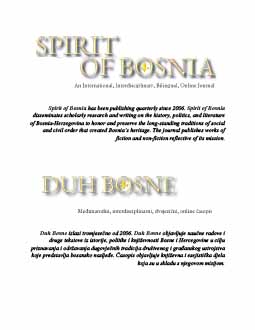
We kindly inform you that, as long as the subject affiliation of our 300.000+ articles is in progress, you might get unsufficient or no results on your third level or second level search. In this case, please broaden your search criteria.




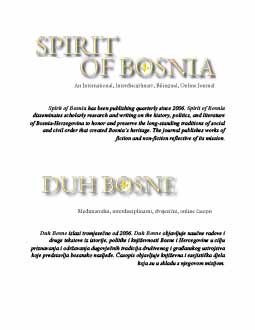
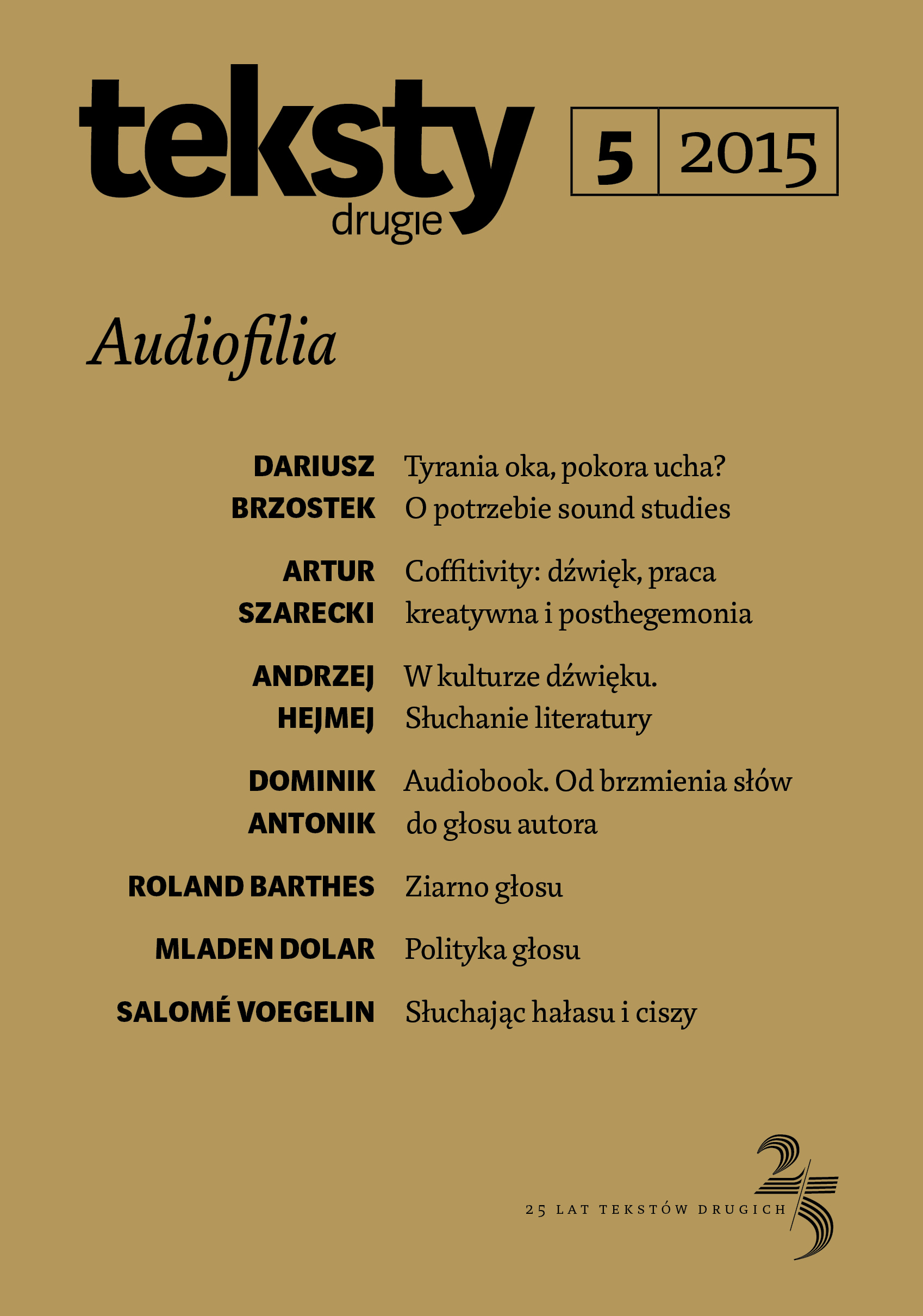
For Dolar, voice represents the primordial or animal aspect of the human being, zōē, or naked life. Speech, meanwhile, is understood as voice endowed with meaning. Considering the problem of voice, Dolar argues that zōē rubs against bios, i.e. political and social life. Zōē manifests itself in many areas of life; the primordial voice appears in contexts such as justice, education or religion. It also represents an integral attribute of rulers and dictators, who use their voice to create laws, or who enforce those laws into life. Voice is indispensable for logos and the written word. Therefore it is inexorably linked with social life; it exists between naked life and social life, between sound and speech.
More...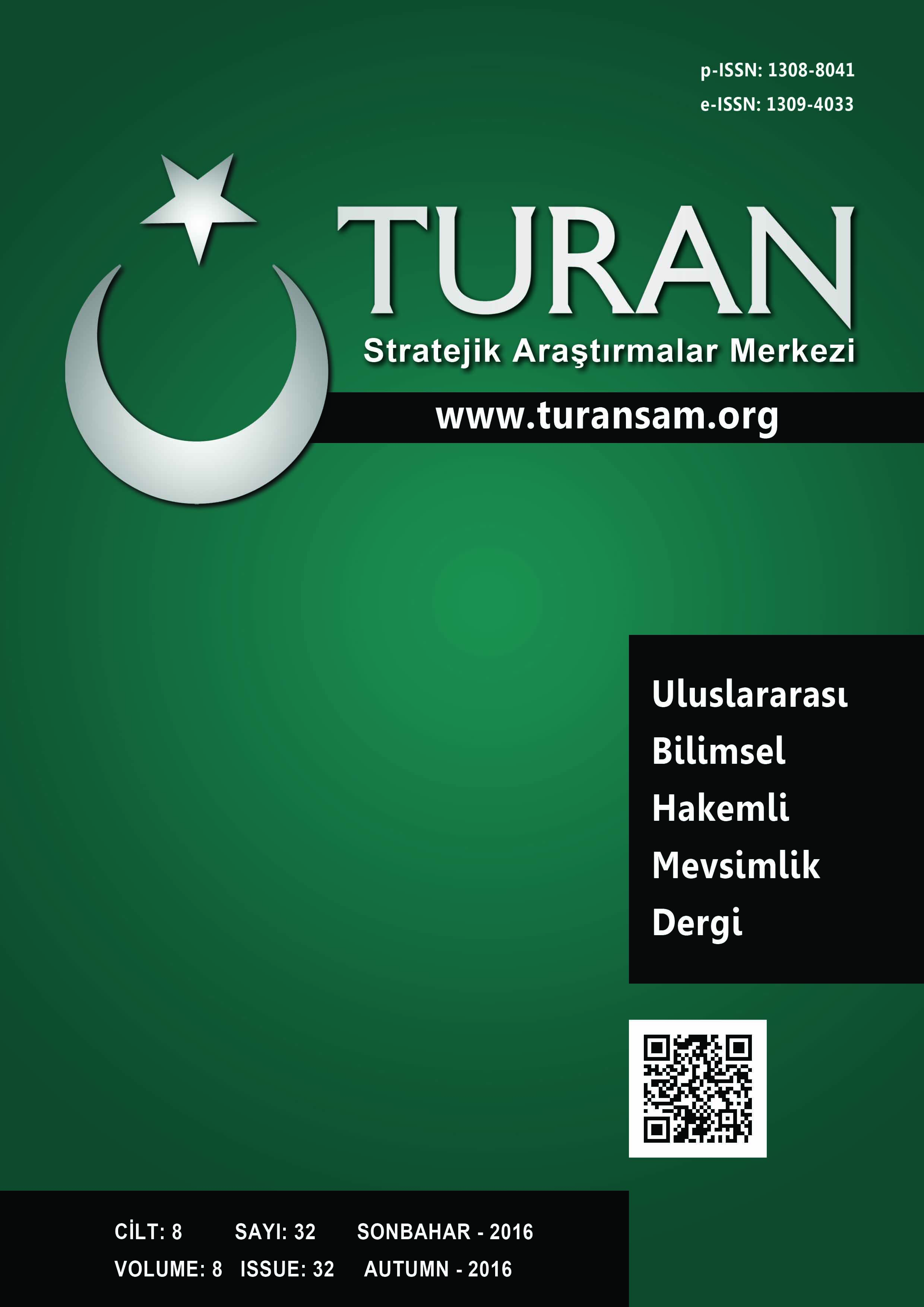
As well as human relations, occasional interstate affairs can also occur in negative aspects with events to be considered positively. The airplane crisis between Russia and Turkey has been a case in which we wish to see the effects of these second features and the conclusions of the consequences to be transformed into positive ones as soon as possible. In addition, the effects of the incident on the Turkish economy have been passed on, and trade relations have been briefly mentioned on the basis of countries. In this context, the data obtained from the two countries are compared with the screening and evaluation method. At the end of the research, evaluation was made considering the data before and after the crisis.
More...
Russian and Chinese leaders fear that the Western-backed revolts against the authoritarian governments of the Middle East might encourage similar resistance among their own people. Particularly, Russia and China worry about any military intervention of the Western countries in Syria although there has been no preparation for a military intervention and the USA has not decided on a military operation. Nevertheless, both Russia and China emphasize such a probability, alleging that Syria is to be a second Libya as result thereof. In this context, they have drawn two lessons from the military intervention in Libya: that the political transformation took an early start brought along chaos and calamity. In fact, the armed military interventions of the West in the Middle East have only induced destructive consequences.
More...
Just after the Jasmine Revolution in Tunisia in 2011, mass protests against Mubarak regime broke out and he had to resign handing power to the army. Many people in Egypt called Mubarak as “the last pharaoh” since he ruled the country for nearly thirty years like a monarch and his regime was believed unmovable as the pyramids. On the other hand, it was one of the most important allies of the United States in the region that is whatever occurs in Egypt would cause significant consequences for the Middle East. After the free elections in Egypt, Morsi became the president but within a year thousands of people filled Tahrir Square shouting their slogans such as “the army and the people hand in hand” and as a result, the army did not want to protect a president who lost power. This time, the protesters who achieved to overthrow Mubarak regime were celebrating a coup d’état by the military. As a result, the army decided to call for new elections taking power from the elected legitimate President Morsi.
More...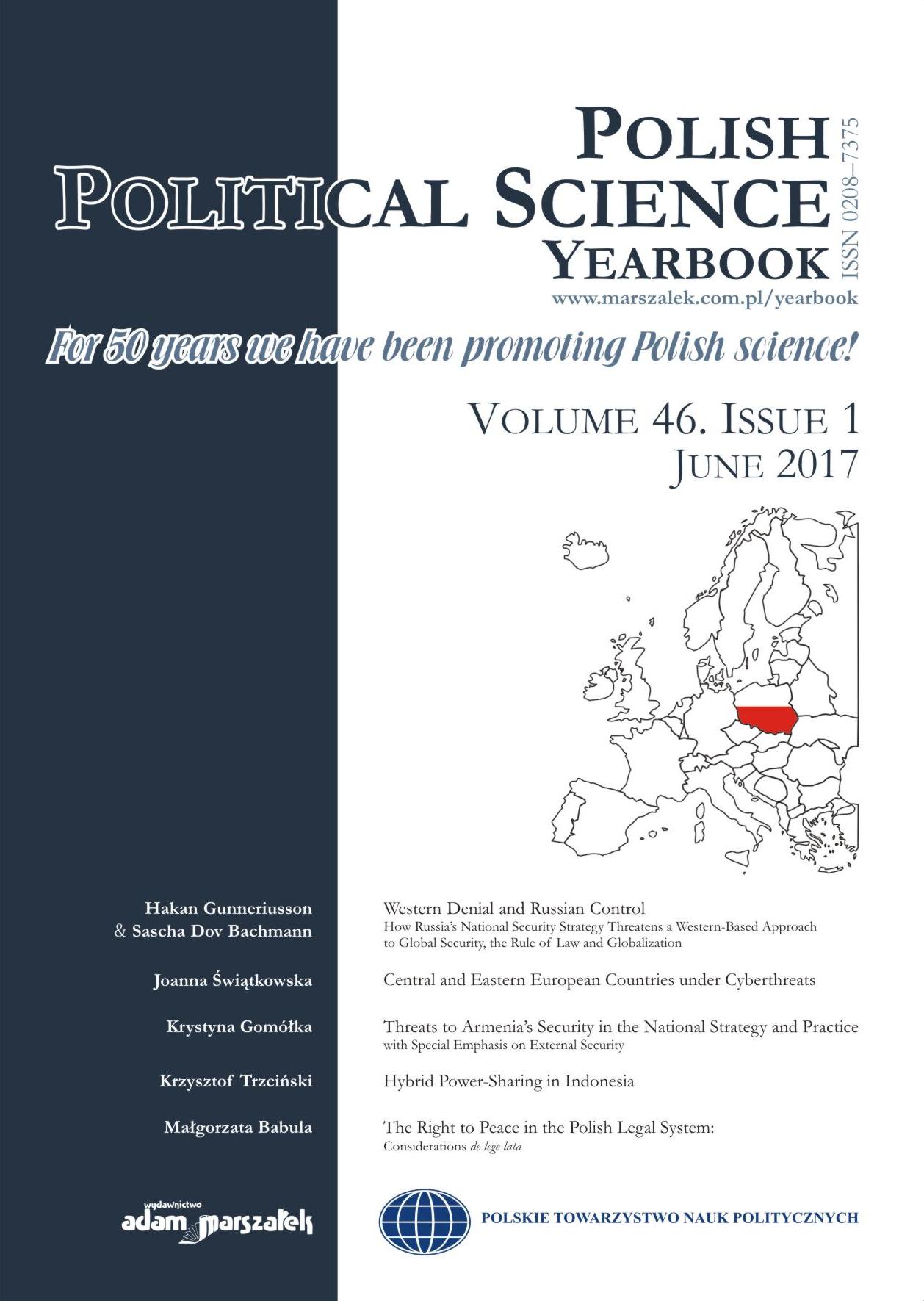
Remembrance is a powerful instrument of social mobilisation, identity construction and political competition. Its impact on individual and shared beliefs or attitudes makes it an object of government’s interest, because remembrance can be used to legitimise ideologies or policies. Theoretical considerations of a government’s role as a narrator lead us to the general definition of the government’s remembrance policy, which we understand as a complex of narratives and interpretations presented to influence citizens’ attitudes, behaviours, beliefs and identities. The paper develops the definition with five theoretical hypotheses on the effectiveness of remembrance narratives. It argues that the government’s remembrance policy is myth-motoric, non-scientific, emotional, based on commitment and that it is a type of social influence. The study is an initial verification of theoretical approach, and I believe that my arguments will motivate other researchers to investigate different aspects of a government’s desire to narrate past events.
More...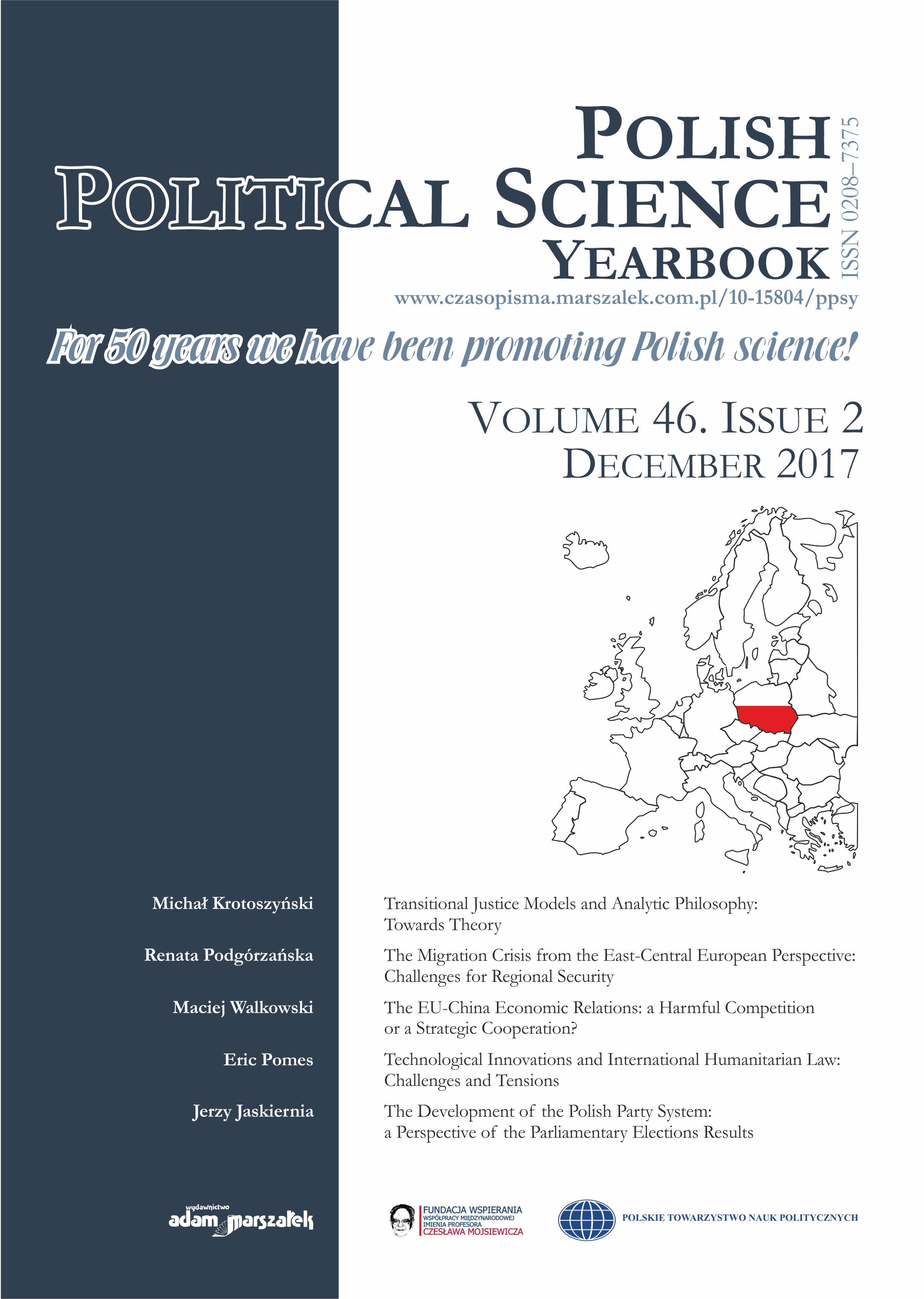
Recognition that societies will not be able to build a future as long as they do not face the ‘demons of the past’ has become a kind of universal truth over the last decades of the 20th Century (Gibney et al., 2008, p. 1). This view, though challenging and ambiguous, is reflected in the globally present attempts to improve or rebuild relations within and between different communities at the domestic and international level. The question concerning, on the one hand, the essence and most essential elements and, on the other hand, the instruments and the limitations of rebuilding relations, as well as the political implications of those processes have become the broad area of interest and the discourse leading to significantly different ideas and solutions. The article aims at presenting different approaches referring to dealing with the conflicted and traumatized past both at the domestic and international level. Some selected instruments and methods which enable movement from a divided past towards a common future are discussed namely the strategy of engagement with the past versus the strategy of avoidance of the past. The special attention is paid to the notion of reconciliation understood as a process of rebuilding of relations through the multi-dimensional transformation of former adversaries after the period of violence and repression.
More...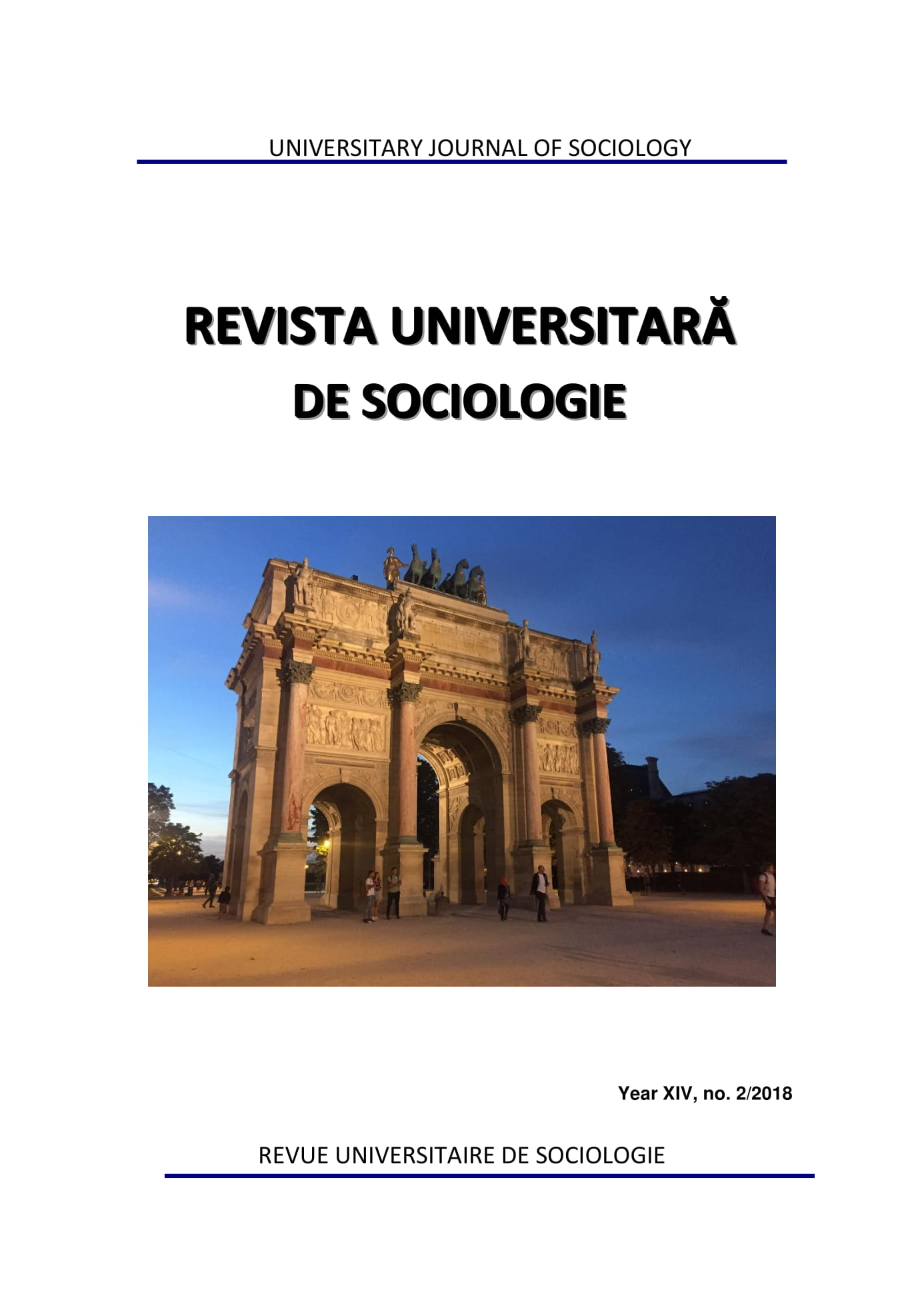
We are of the opinion that historiographical science has long reached the limit of its explicative capacity in terms of Romanian communism, and recent history becomes with every research carried out an increasing field of research for socio-human sciences. These, with the extensive methodological arsenal available to them, are entitled to claim this object of study in an attempt to highlight regularities that can not be investigated with the instruments of the historian. In this paper we will enumerate the main steps of this kind undertaken so far to study the reminiscences due to communist ideology in Romania. We will try to integrate and correlate these concerns, to identify the strengths and weaknesses of each theoretical and methodological model in part. From the sphere of social psychology, we will take on the theory of social representations and the dramaturgic model, which we will apply for the decryption of the way in which the everyday life took place during the totalitarian regime. We will analyze the concept of "social representation", highlighting the main research directions in this field, applying to Romanian communism. Conquests in the field of sociology of culture provide us with extensive information about the Romanian cultural profile as well as about the influence of the communist period in shaping the value of this profile.
More...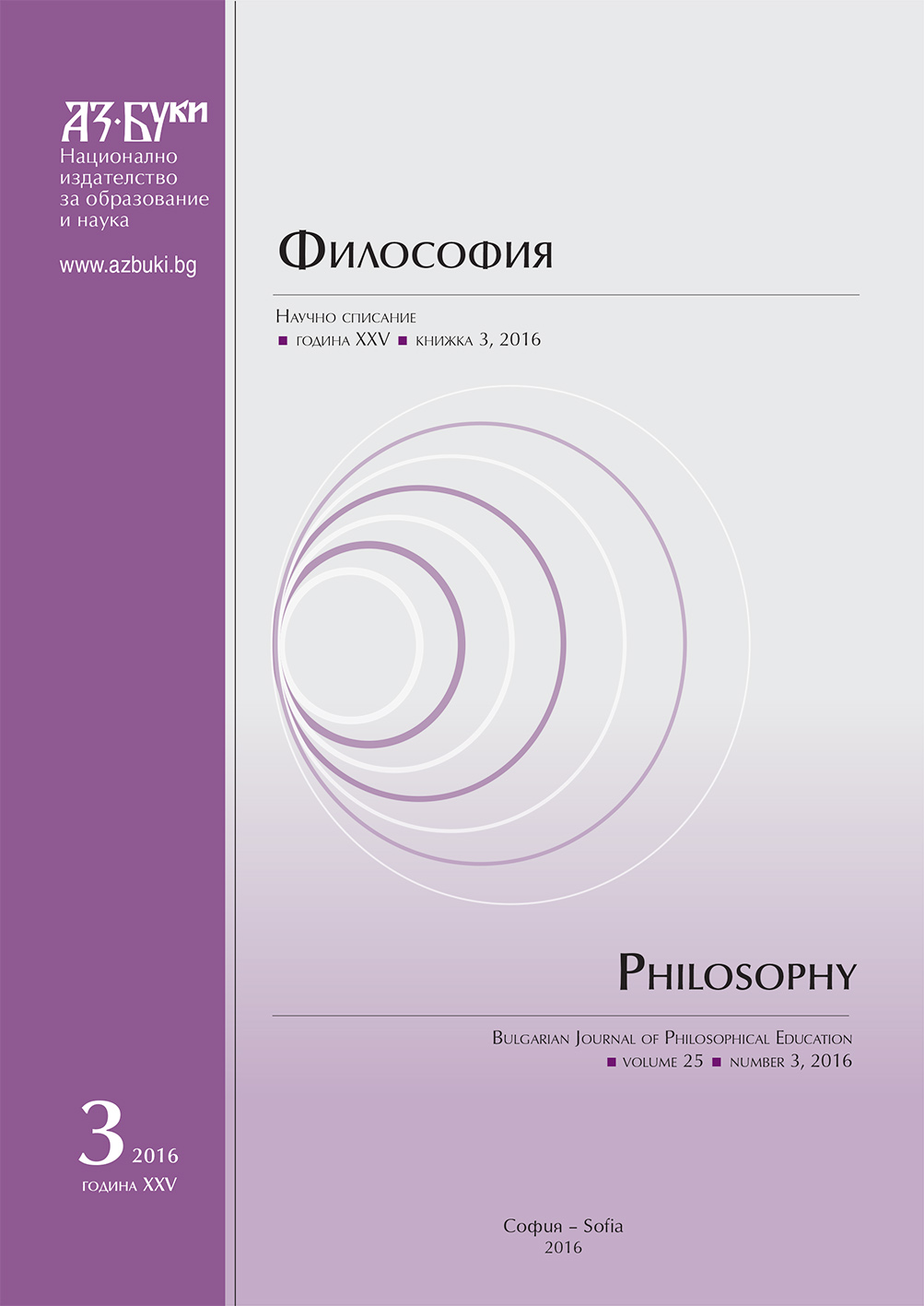
The article analyzes the contribution of Nikolai Berdyaev to the disclose human dimension of politics. Special attention is given to the justification of the antinomy between the individual and society, as well as the analysis of the fundamental contradictions that characterize the historical existence of man. Originality of political and philosophical ideas of Berdyaev is derived from its particular attention to the human content of social phenomena to their religious and moral evaluation.
More...
The paper reflects on two main questions: "What is a political infantilism?", as well as - "Why do political people do evil?"
More...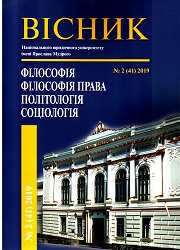
The essence of the phenomenon of terrorism and its main features is revealed. Above all, violence is a significant sign of terrorism. There are three types of theories explaining the sources of violence: the first type unites those concepts that derive violence from human nature; the second - derives the use of violence from the economic and social conditions of society; the third - connects violence with the dynamics of conflict. When carrying out terrorist actions, one should take into account the obvious and latent elements of violence. The obvious element of violence is connected with the implementation of direct terrorist acts, the latent element of violence is connected with the fact that the terrorist act launches the mechanism of compelling people to do as way demanded by terrorists. The author’s Definition of terrorism is proposed.
More...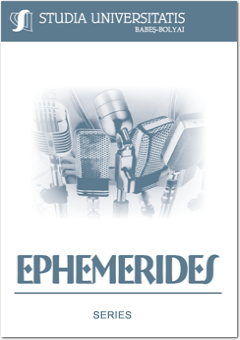
The article presents a methodological proposal for the study of journalistic ethics during the 2019 Romanian presidential campaign. In order to do so, the article discusses the most relevant ethical provisions, enshrined in the Ethical Code, that were adopted in 2009 by the majority of the Romanian media outlets. The methodological challenges are presented and assessed, along with potential solutions that could mitigate the risks of errors of the assessment.
More...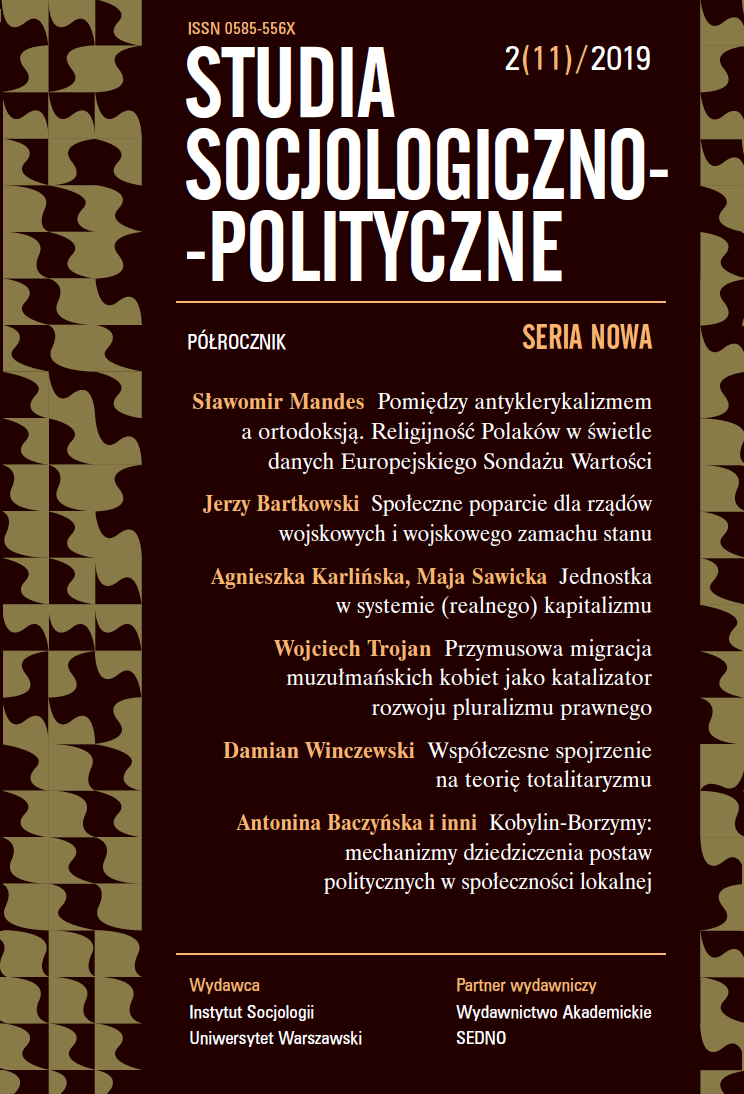
This paper aims to identify and reconstruct social imaginary connected with the category of „social system”, and to answer the question how, thirty years after the systemic transformation in Poland, the relation between the individual and the system is conceptualized. The analysis stems from the research into psycho-social consequences of the transformation. However, it is innovative since it employs the methods and tools ofcorpus linguistics. The corpus encompasses the content of 12 focus group interviews (FGI) and of 29 in-depth interviews (IDI) carried out in different Polish cities duringthe project „Values in the times of (global) crisis” financed by National Science Centre(NCN grant no. 2016/21//B/HS6/03199). The results indicate the tendency to locate the individual in an antagonistic opposition towards the social system. A feeling that individuals’ claims towards the system are unsatisfied, and a sense that system blocks and limits individual opportunities, are manifestations of this antagonism.
More...
The article presents some results of a field study of intergenerational mechanisms of transmission of political attitudes in a rural community of Kobylin-Borzymy located inthe Podlasie region in northeastern Poland. Using quantitative and qualitative methods researchers analyse factors underlying the extremely high and stable electoral results ofthe right-wing parties in this community. The data collected during extensive qualitative interviews have been analysed in the broad context of socio-economical preconditions characteristic for this community. The authors come to the conclusion that the influence of Roman Catholicism and regional traditions are the key factors explaining attitudes and behaviour of members of the community. Values and practices related to both elements serve as an intermediate factor in sustaining the political climate in a long term and determine the decisions of the electorate.
More...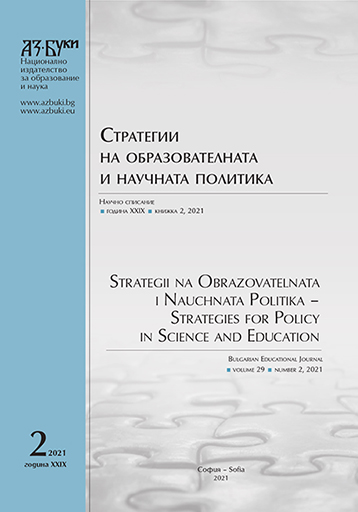
This article studies the specific designation of morals under the conditions of a modern society. Due to the circumstances that morals are able to overcome differences between the social regulatory systems and to unite the perceptions of a regulatory framework, they have become a major contemporary metalegal regulator. Being a significant social regulator, morals also play a mediation role between law and other social regulatory systems. In this role of theirs, they make a substantial factor having an influence on building and changing legal prescriptions. Morals are also studied as a variable in the conditions of a dynamically developing society and changing conditions of living. Some models of behaviours, which were considered to be against moral only several decades ago, are nowadays regarded as completely normal.
More...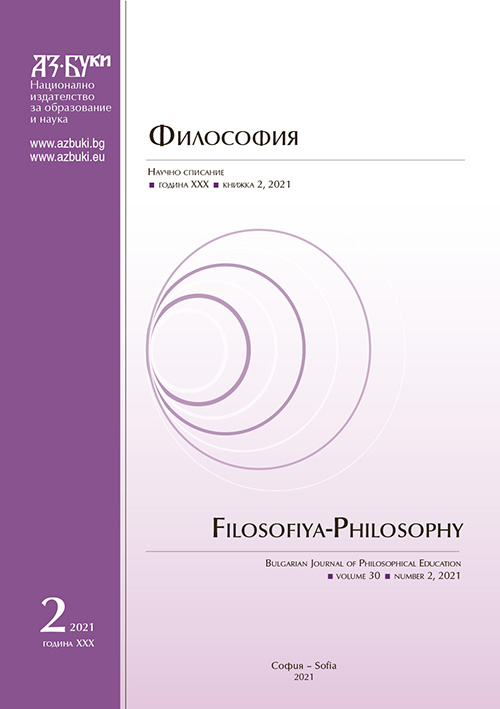
The paper analyses the contemporary debate about memory culture and memory policy in Germany which are highly valid for Europe as well. They base on the political consensus that the memory of collective crimes committed in the past, especially of the Holocaust, and the honour to the victims, are a basic prerequisite for the protection of human rights. In the second part of the paper different critical views on the conception and practice of memory culture and memory policy in Germany are discussed.
More...